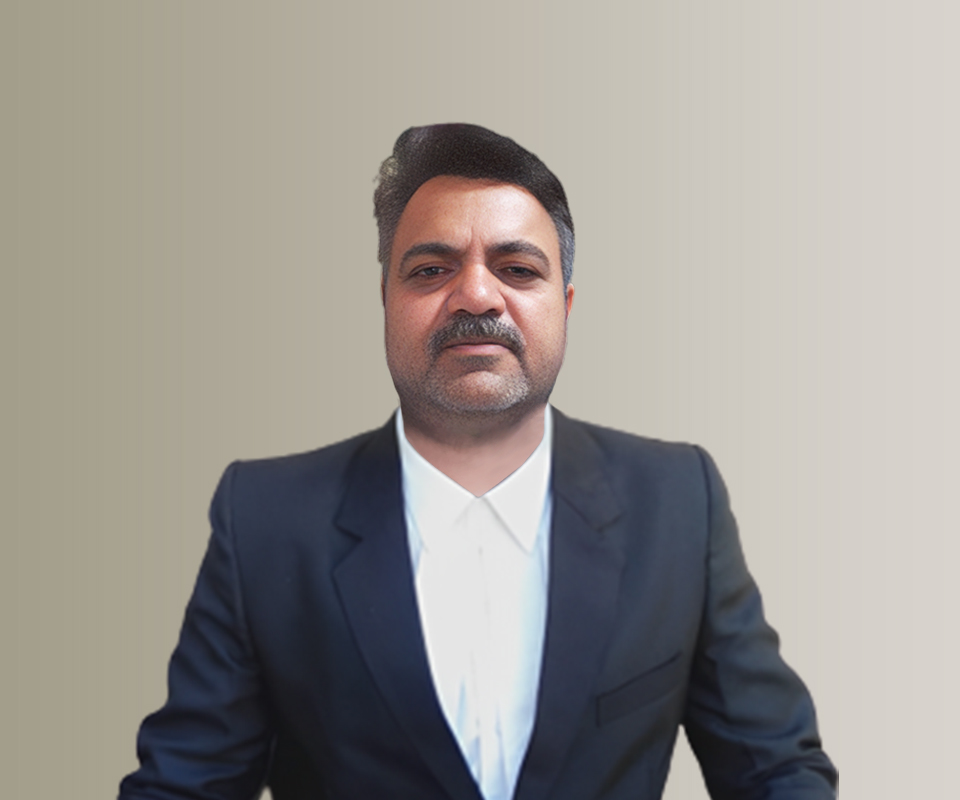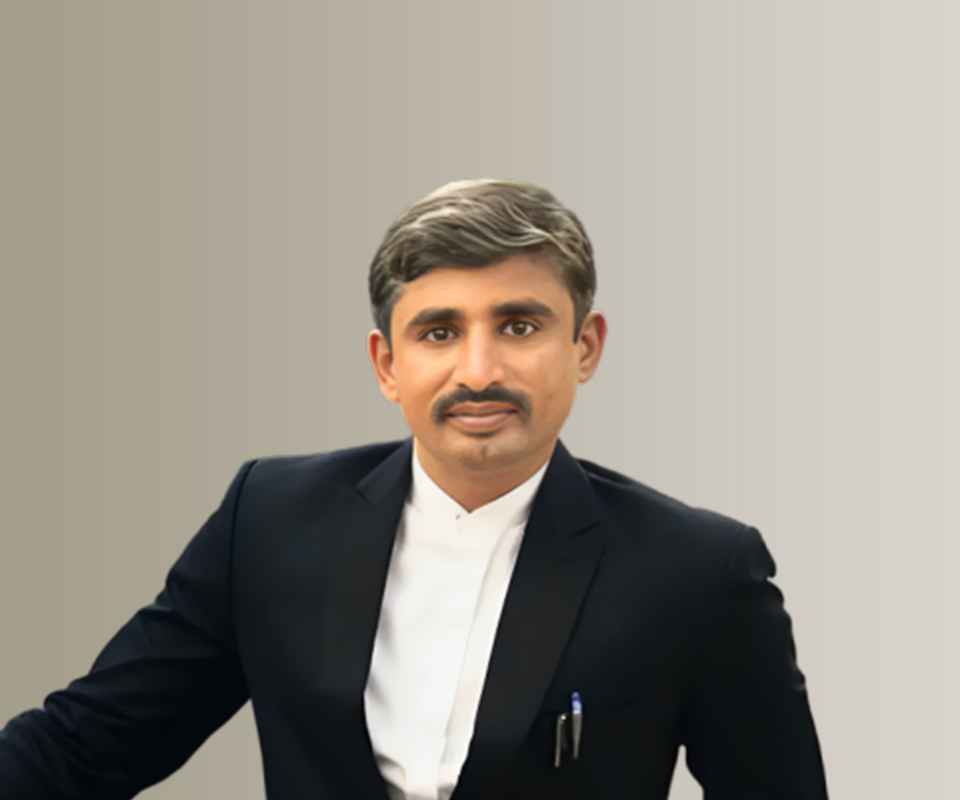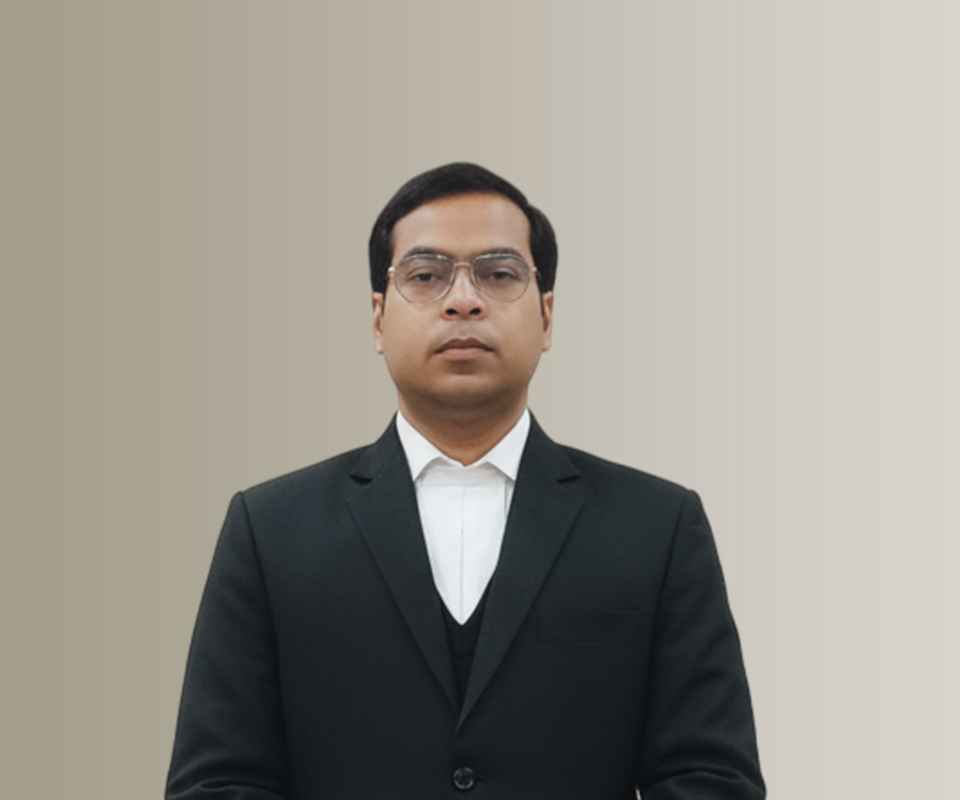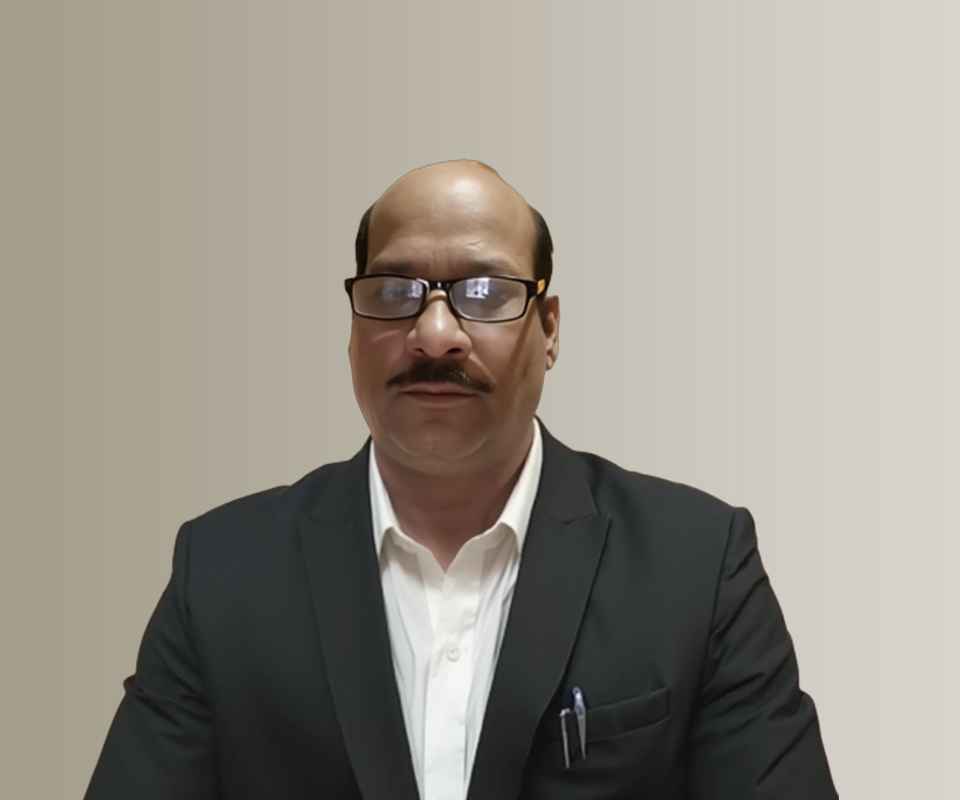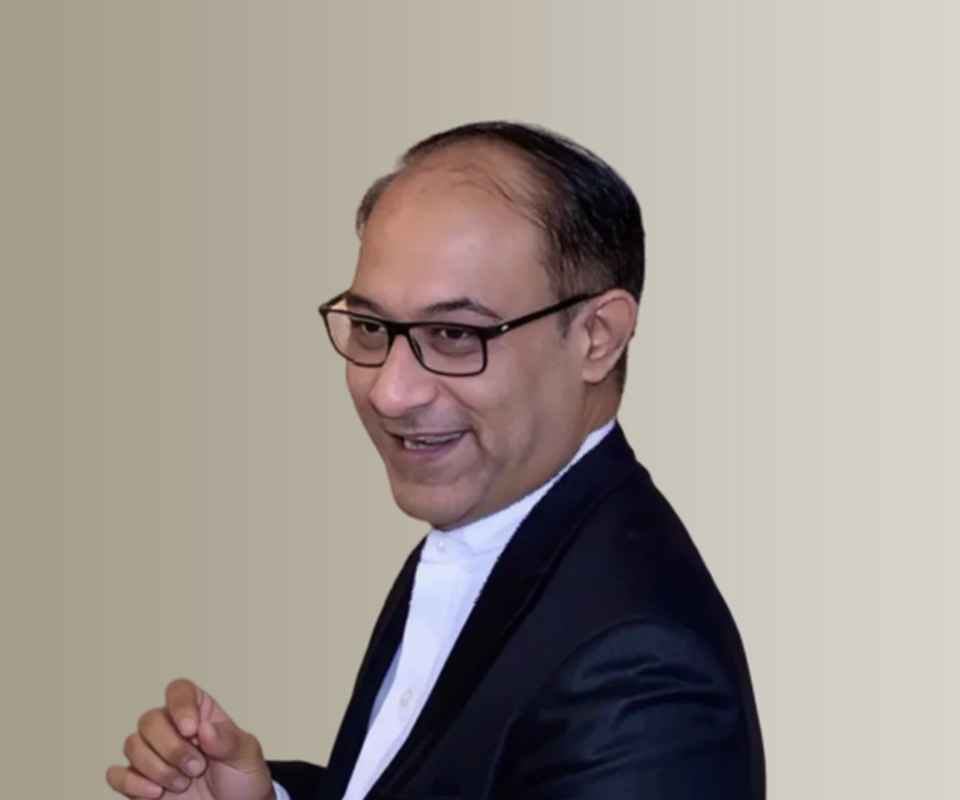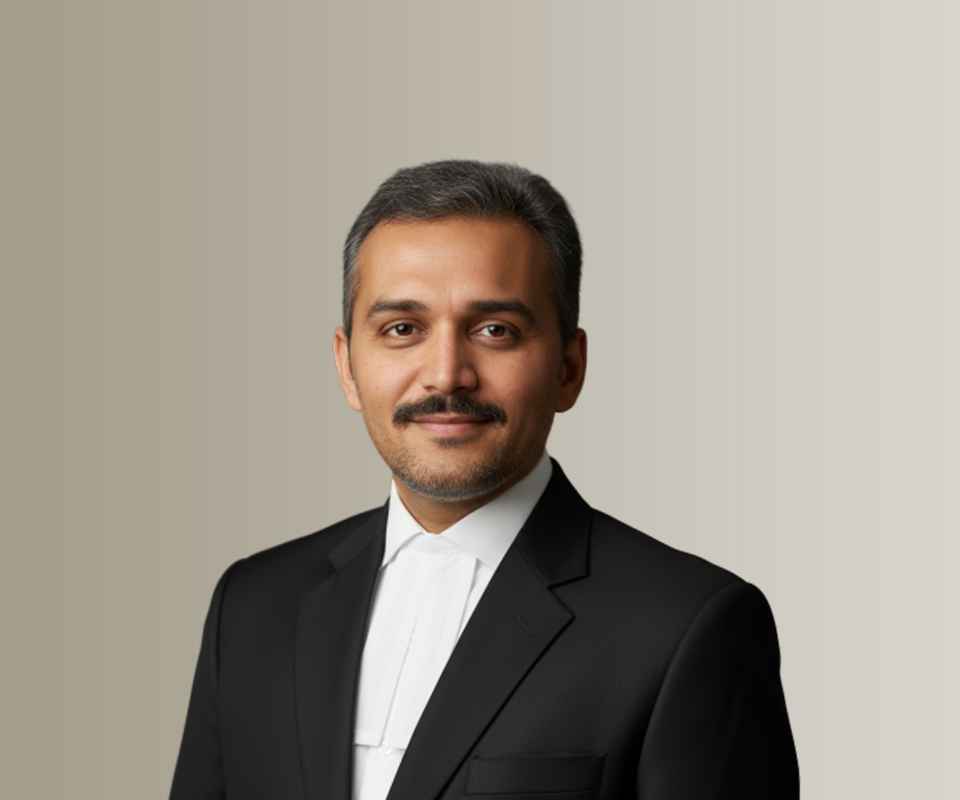Answer By law4u team
Bharatiya Nagarik Suraksha Sanhita, 2023 - Section 52: Examination of person accused of rape by medical practitioner
(1) When a person is arrested on a charge of committing an offence of rape or an attempt to commit rape and there are reasonable grounds for believing that an examination of his person will afford evidence as to the commission of such offence, it shall be lawful for a registered medical practitioner employed in a hospital run by the Government or by a local authority and in the absence of such a practitioner within the radius of sixteen kilometers from the place where the offence has been committed, by any other registered medical practitioner, acting at the request of any police officer, and for any person acting in good faith in his aid and under his direction, to make such an examination of the arrested person and to use such force as is reasonably necessary for that purpose.
(2) The registered medical practitioner conducting such examination shall, without delay, examine such person and prepare a report of his examination giving the following particulars, namely:
- (i) the name and address of the accused and of the person by whom he was brought;
- (ii) the age of the accused;
- (iii) marks of injury, if any, on the person of the accused;
- (iv) the description of material taken from the person of the accused for DNA profiling; and
- (v) other material particulars in reasonable detail.
(3) The report shall state precisely the reasons for each conclusion arrived at.
(4) The exact time of commencement and completion of the examination shall also be noted in the report.
(5) The registered medical practitioner shall, without delay, forward the report to the investigating officer, who shall forward it to the Magistrate referred to in section 193 as part of the documents referred to in clause (a) of sub-section (6) of that section.
Brief Detail
This section of the Bharatiya Nagarik Suraksha Sanhita, 2023, details the process for the medical examination of a person accused of rape or an attempt to commit rape. Key points include:
- It allows for the examination by a registered medical practitioner from a government or local authority hospital, or another practitioner within a specified distance.
- The examination must be conducted promptly, and a detailed report must be prepared, including personal information about the accused, any injuries, and materials for DNA profiling.
- The report must also explain the conclusions drawn and include timestamps for the examination.
- Finally, the report must be sent to the investigating officer and subsequently to the Magistrate.
Question & Answers
Q1: What is the purpose of Section 52 in the Bharatiya Nagarik Suraksha Sanhita, 2023?
A1: It outlines the legal framework for the medical examination of a person accused of rape or attempted rape, including the responsibilities of the medical practitioner.
Q2: Who can conduct the examination of the accused?
A2: A registered medical practitioner employed in a government or local authority hospital, or another registered medical practitioner within a sixteen-kilometer radius, may conduct the examination.
Q3: What details must be included in the examination report?
A3: The report must include the name and address of the accused, their age, any marks of injury, a description of material taken for DNA profiling, and other relevant details.
Q4: What must the report state regarding the conclusions?
A4: The report must precisely state the reasons for each conclusion reached during the examination.
Q5: What is the timeline for forwarding the examination report?
A5: The registered medical practitioner must forward the report to the investigating officer without delay, who will then send it to the Magistrate.
Example
1. Scenario: A suspect is arrested on charges of rape, and a medical examination is deemed necessary.
Action: A registered medical practitioner from a local hospital conducts the examination and prepares a detailed report.
2. Scenario: The arrested individual is brought to a facility outside the jurisdiction of a government hospital.
Action: A registered medical practitioner within a sixteen-kilometer radius performs the examination as requested by the police.
3. Scenario: During the examination, the practitioner finds visible injuries on the accused.
Action: The practitioner documents these injuries in the report along with other required particulars for further investigation.
Summary
Section 52 of the Bharatiya Nagarik Suraksha Sanhita, 2023, establishes the procedure for the examination of individuals accused of rape. It specifies the roles and responsibilities of registered medical practitioners, the necessary details to be documented in the examination report, and the requirement to forward this report promptly to the investigating officer and the Magistrate. This framework ensures that evidence is collected effectively and legally, aiding in the pursuit of justice.
